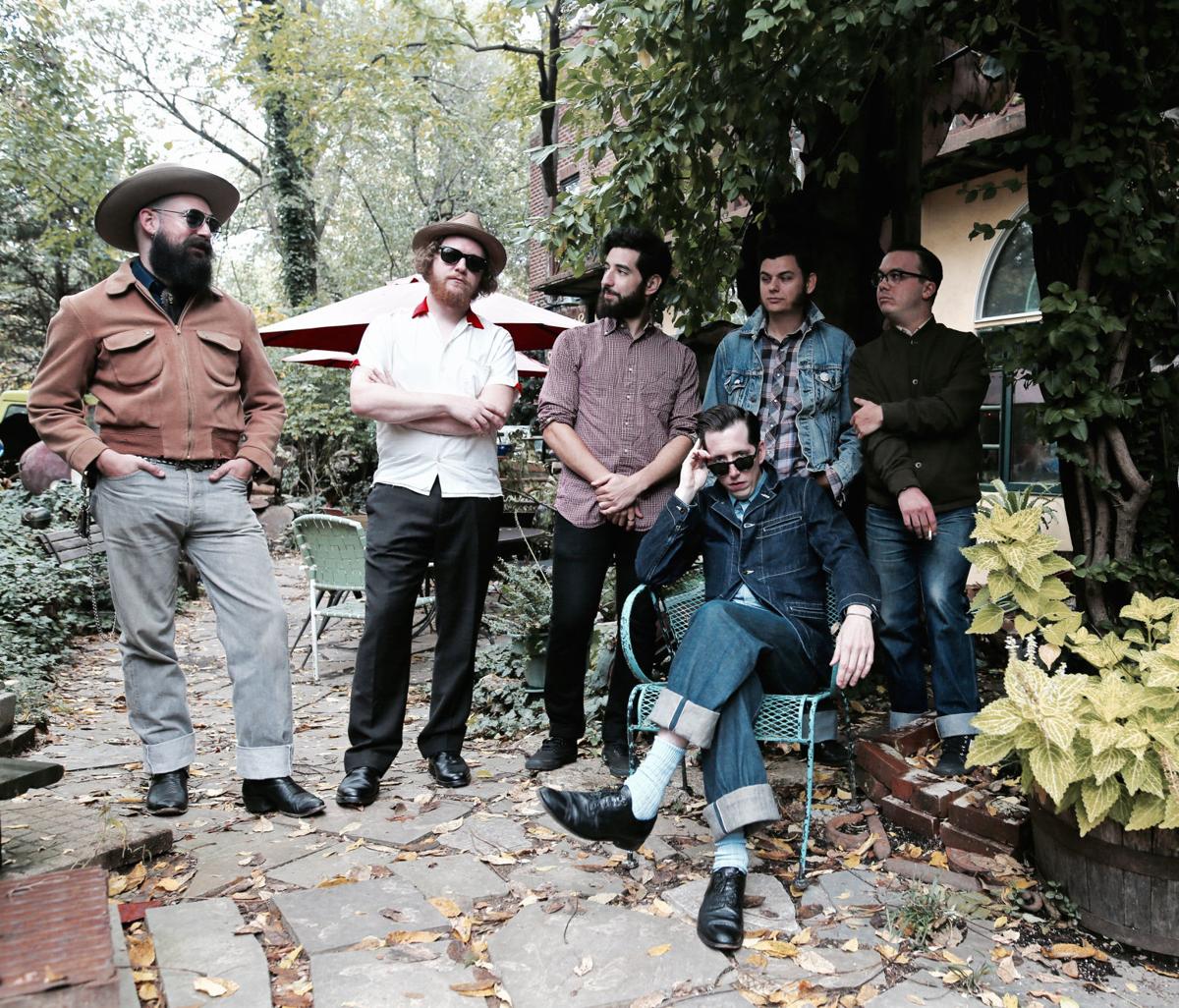Singer Pokey LaFarge has three things he’d like to get across to people who might wander over to see him headline the Presidio Main Stage at Saturday’s Tucson Folk Festival:
“Encourage people to read a book, give poetry a chance and don’t talk (crap) about baseball if you don’t know the game,” the 34-year-old Illinois native said.
He lives in St. Louis now, but he grew up outside Chicago and is an avowed Cubs fan. His biggest disappointment came when the Cubs released first-baseman Mark Grace, who spent his career in Chicago and wanted to retire in a Cubs uniform.
But when the Cubs wouldn’t deal with him on his final three seasons in the early 2000s, Grace signed with the Arizona Diamondbacks. He ended his career by helping the D-backs win their one and only World Series in 2001.
During a phone call last week from his home in St. Louis, LaFarge rattled off baseball stats and trivia like a man who definitely knows what he’s talking about. He’s just as animated when it comes to music, which he’s obsessed over since he discovered the blues as a teenager.
LaFarge’s music is hard to define, which is how he prefers it. There’s some old-timey bluegrass elements, jazzy notes straight from the Roaring ’20s and soulful blues delivered in LaFarge’s purposeful warble.
He doesn’t like to pigeonhole himself into a genre; genres are easily obliterated when an artist adds an instrument or subtracts. For example, he explains, if there’s no steel guitar in a country song, is it no longer country? Does bluegrass always have to have a banjo? If a country song lands on pop radio, does that mean it’s a pop song?
“It’s American music, I guess,” he conceded of what he creates. “But I’m actually more motivated calling it world music, now that I spend more than two months a year out of the country.”
Those foreign sojourns include playing folk festivals in Australia, Canada and throughout Europe.
“They have different folk festivals around the world. The word folk music is so broad. It’s not vague, like the term Americana, but it is all-encompassing in many ways,” he said.
“The thing I’m always looking for in music, I like to see cross-pollination, but I also like to see connection to a place,” he added. “The thing I like about rocksteady music, which is roots reggae, is that it is clearly 100 percent Jamaican music, no doubt about it. ... But it’s also ’50s soul, the groove just split, but the melody is similar. It’s the same thing I love about African music and its connections to blues and funk and soul. I like things that are totally authentic, totally new but is rooted in the soul, the original music.”
LaFarge is bringing three of his bandmates to the festival, the first time he will perform here. But he has been to Tucson once before, about five years ago when he and the band pit-stopped here on their way to somewhere else.
“There’s an amazing hotel there in Tucson. Is that the Congress?” he asks. “I’ve only pulled through town and eaten at the cafe and stayed at the hotel. And oh my God, the music that you hear. It seemed like the coolest place ever.”
LaFarge is set to perform at 9 p.m. Saturday, May 5.





